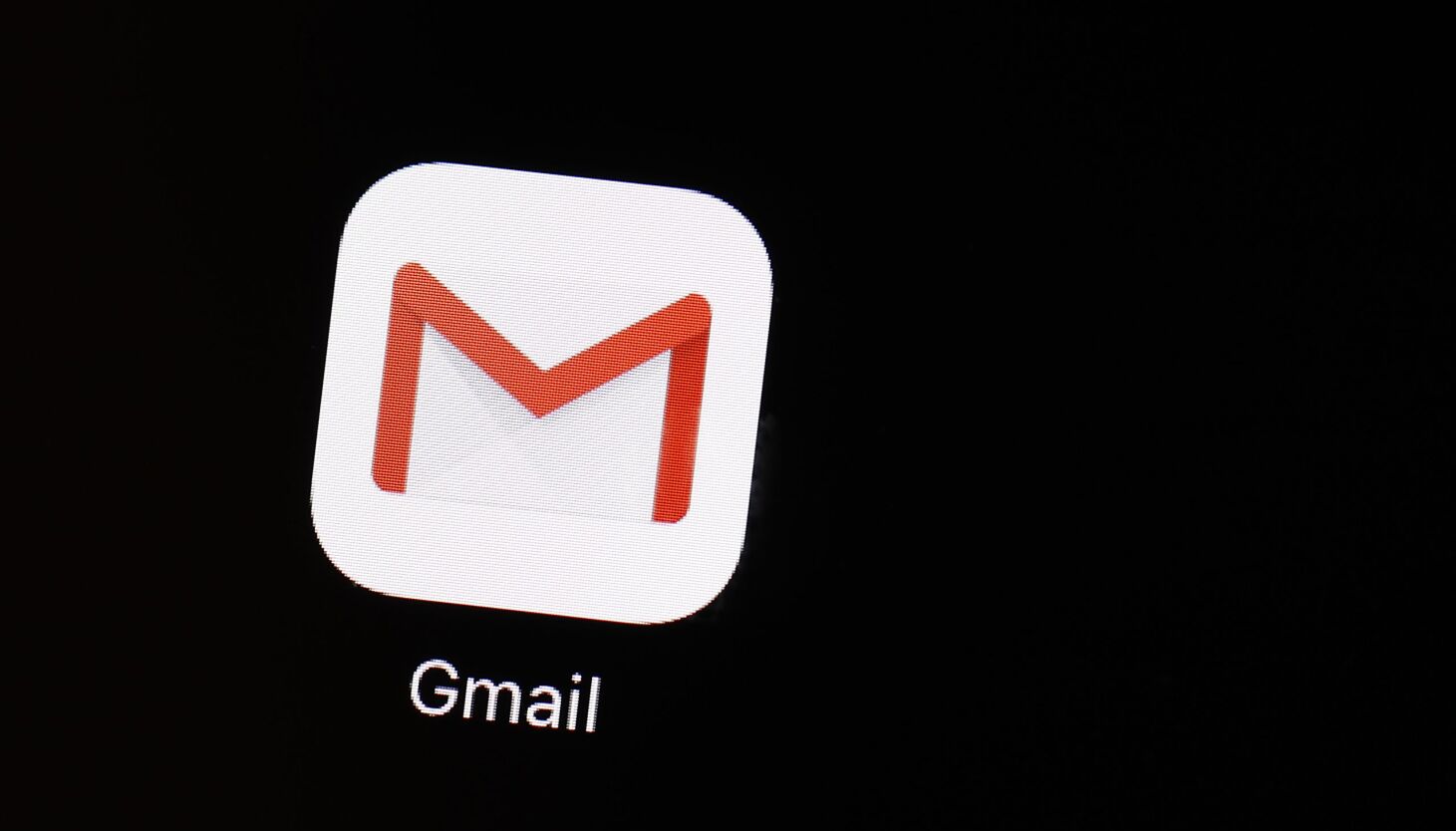Email has become nearly as common as a name: It’s something we all have and very few alarms go off when someone asks for what it is.
But in the case of handing out your email address, maybe it should.
That little tidbit of personalized information is used for communication. Some websites use it for a login. And lots of people personalize their email or make it easier to remember by adding something like their birthdate or the day they graduated. People even, incredibly, may include information that’s part of their answer to security questions to bank accounts or other sites within their email addresses. A gal named Ima Goof, born July 14, might choose Imagoof714@whateverdomain.com.
Experts say it’s a very good idea to limit the number of people who have access to your email address to those who need it or with whom you have some kind of relationship, personal or professional.
There are lots of reasons why.
Norton, with its expertise in online security, says emails are often snagged by hackers in data breaches. And while that’s not quite as bad as losing your social security number to a hacker, it could be the key to open the portal to identity theft.
“If a cybercriminal were to gain access to your email address without also getting a hold of your email account password, it’s unlikely they could do much damage. But if they also get your password, they can cause you plenty of pain.”
And there are ways to crack passwords,…













